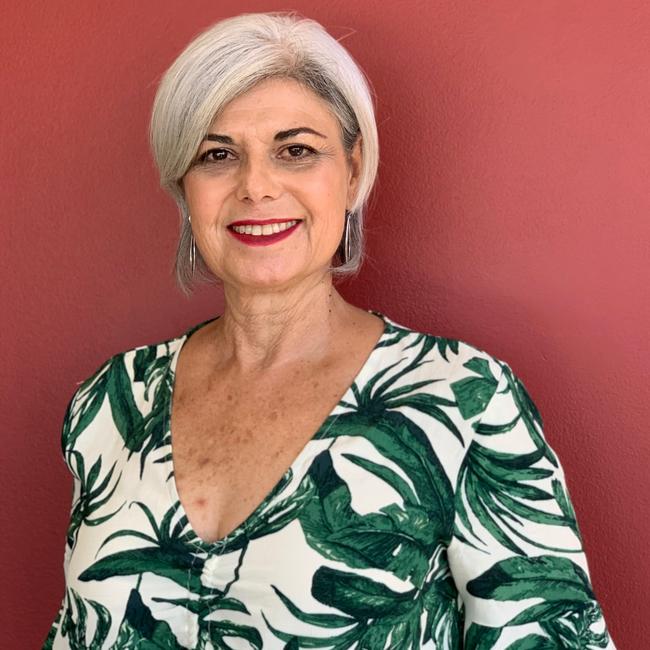Suicide Prevention Australia report shows mental-health decline amid cost-of-living crisis
New data shows Australian’s mental health has taken a big hit as the cost-of-living crisis continues. See the latest report.

QLD News
Don't miss out on the headlines from QLD News. Followed categories will be added to My News.
The mental health of people earning as much as $150,000 a year has sharply declined as the cost-of-living crisis continues to bite, shock new data reveals.
Suicide Prevention Australia’s 2023 study of 1035 adults found the stress gap has tripled between working middle-aged and retired Australians since December 2022, from 11 per cent to 33 per cent.
The results show that middle-aged Australians earning up to $150,000 annually are bearing the weight of the cost-of-living crisis, making it more crucial than ever to put a spotlight on mental-health support, the report says.
Suicide Prevention Australia’s findings come ahead of the Australian Reserve Bank meeting after rates reached an 11-year high in November of 4.35 per cent.
The cohort referred to as “middle age, middle wage” workers are experiencing a 10 per cent increase in finance-related stress.

Suicide Prevention Australia chief executive Nieves Murray said that it was vital the government introduced a national suicide prevention Act to give hope to struggling Australians.
“Our data shows many Australians are doing it tough right now,” Ms Murray said.
“The federal government must introduce a national suicide prevention act now.
“We can never underestimate the impact that every life lost to suicide has on family, friends, workplaces and the broader community.”
Young Queenslanders are also feeling the impact of higher everyday costs, with a survey of 11,341 conducted by the digital bank Up finding many were struggling to cover basic costs such as rent, bills and food.
Ten per cent of Gen Z and millennial Queenslanders never have money leftover between paydays and 42 per cent are not on track with their savings to provide for their future needs.

Queensland also had the highest proportion of people in the country with no emergency fund at all 20 per cent.
Ms Murray said the added pressure of the Christmas period could have a significant impact on family and friends mental health.
“This time of the year can pose increased personal stressors in the community, such as heightened financial pressures, increased family conflict, loneliness and isolation or the grief of having lost a loved one,” Ms Murray said.
“I’d encourage Australians to take time out to plan for how they will cope with challenges over the coming weeks and consider whether they – or someone they know – might need additional support.”
To get help 24/7, phone Lifeline on 13 11 14 or the Suicide Call Back Service on 1300 659 467.
If you or someone you know are in immediate danger, phone triple-0 for emergency services.
More Coverage
Originally published as Suicide Prevention Australia report shows mental-health decline amid cost-of-living crisis





